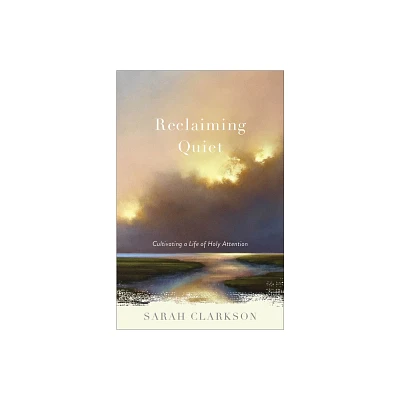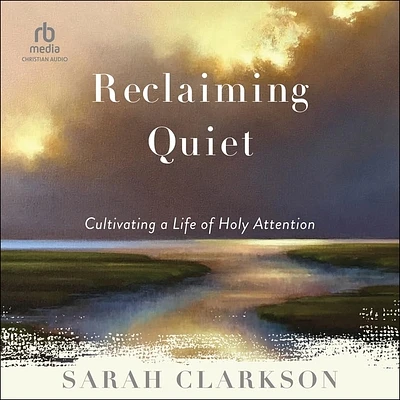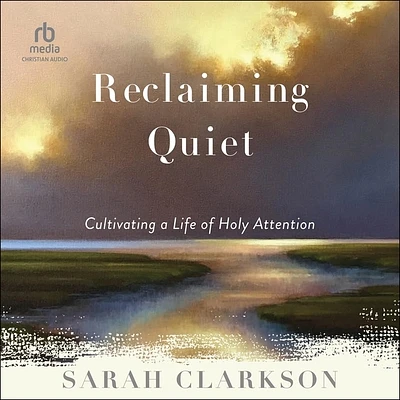Home
Virtue and the Quiet Art of Scholarship: Reclaiming University
Loading Inventory...
Barnes and Noble
Virtue and the Quiet Art of Scholarship: Reclaiming University
Current price: $52.95


Barnes and Noble
Virtue and the Quiet Art of Scholarship: Reclaiming University
Current price: $52.95
Loading Inventory...
Size: Paperback
*Product Information may vary - to confirm product availability, pricing, and additional information please contact Barnes and Noble
Virtue and the Quiet Art of Scholarship
offers a fresh perspective on what it is to be a ‘good knower’ in a social and educational environment dominated by the market order. It explores how narrowly conceived epistemic virtues might be broadened out by seeing those who work and study in the university in their full humanity. In an era characterized by deep and enduring social and cultural divisions, it offers a timely, accessible and critical perspective on the perils of retreating behind disciplinary boundaries, reminding readers of the need to remain open to the other in a time of increased social and political polarization.
Drawing on the work of Leonard Cohen, Ali Smith, Italo Calvino and Raymond Carver, the book seeks to move across disciplines and distort the line between the humanities and the social sciences as a way of bringing them closer together. It explores virtue in the context of scholarship and research, particularly how the ‘virtues of unknowing’ challenge traditional notions of the ‘good knower’. The book offers the framework within which to bridge the gap between ‘us’ and ‘them’ in relation to developments in the university sector, addressing the urgent need for a form of language that promotes unity over division.
will be vital reading for academics, researchers and postgraduate students in the fields of philosophy of education, sociology of education, research methods in education and education policy.
offers a fresh perspective on what it is to be a ‘good knower’ in a social and educational environment dominated by the market order. It explores how narrowly conceived epistemic virtues might be broadened out by seeing those who work and study in the university in their full humanity. In an era characterized by deep and enduring social and cultural divisions, it offers a timely, accessible and critical perspective on the perils of retreating behind disciplinary boundaries, reminding readers of the need to remain open to the other in a time of increased social and political polarization.
Drawing on the work of Leonard Cohen, Ali Smith, Italo Calvino and Raymond Carver, the book seeks to move across disciplines and distort the line between the humanities and the social sciences as a way of bringing them closer together. It explores virtue in the context of scholarship and research, particularly how the ‘virtues of unknowing’ challenge traditional notions of the ‘good knower’. The book offers the framework within which to bridge the gap between ‘us’ and ‘them’ in relation to developments in the university sector, addressing the urgent need for a form of language that promotes unity over division.
will be vital reading for academics, researchers and postgraduate students in the fields of philosophy of education, sociology of education, research methods in education and education policy.

















